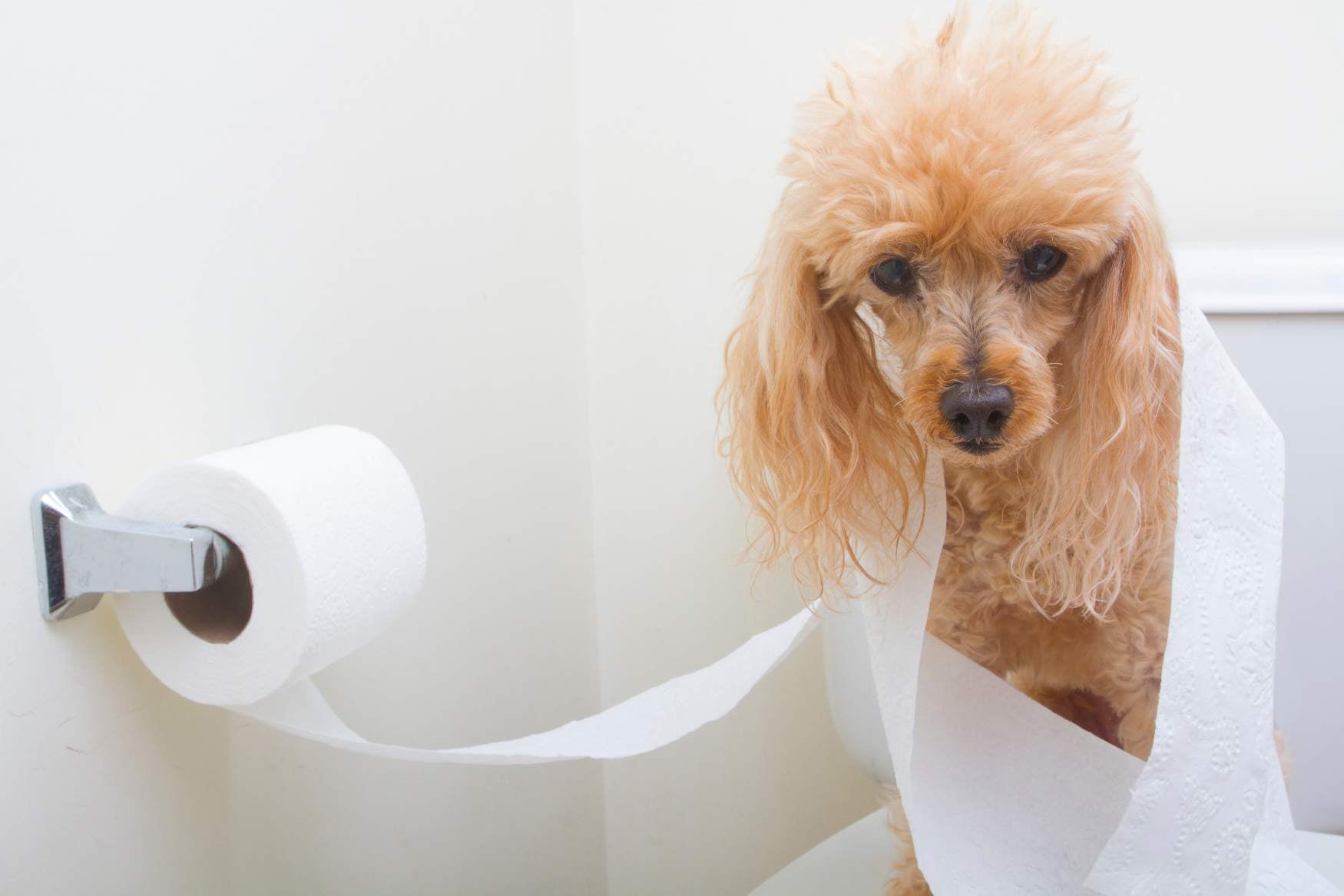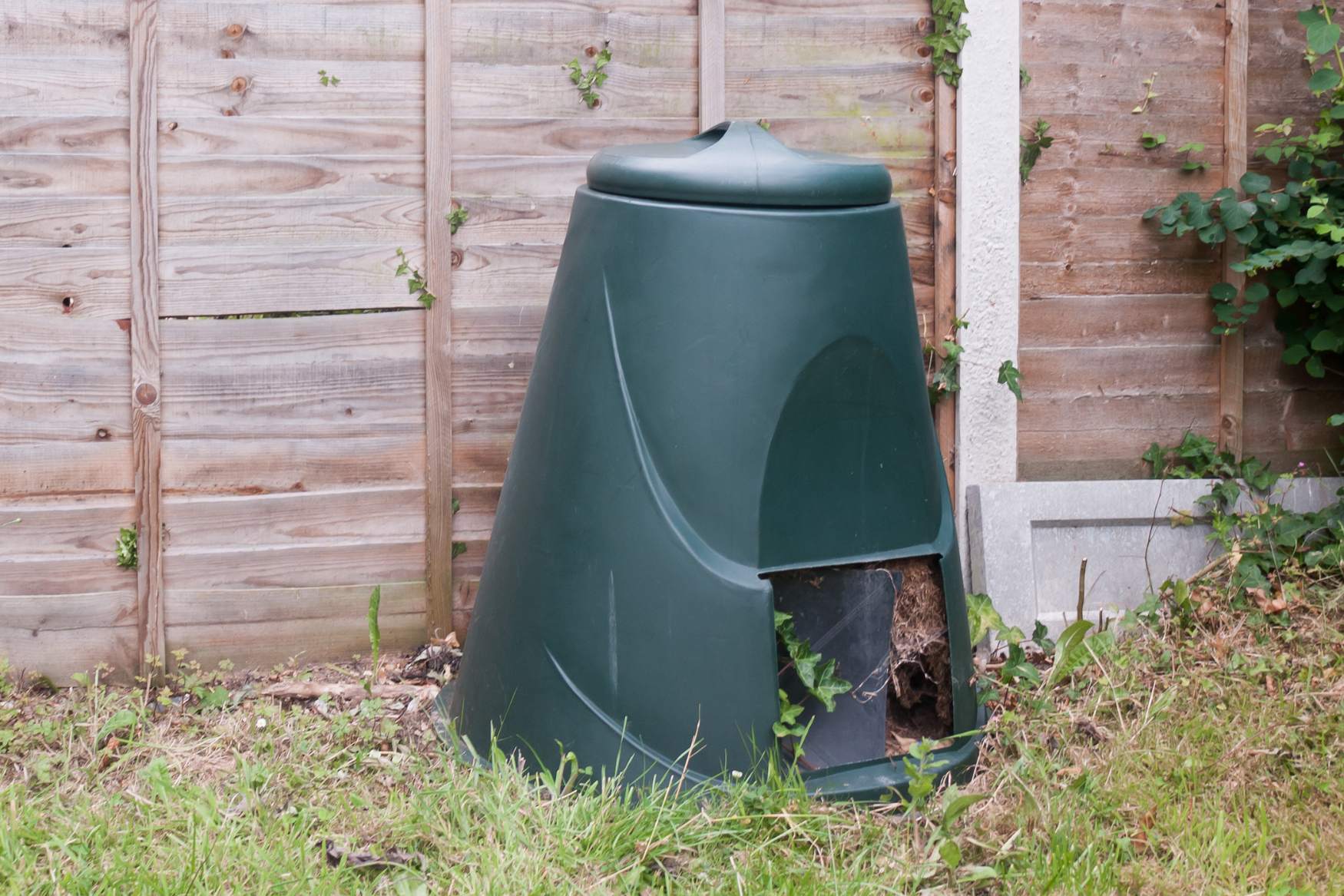If you’re the proud new owner of an adorable puppy, congratulations!
Now that the newest member of your family is moving in, you’ll be wondering how to potty train your puppy fast.
New puppy owners are often baffled by how often puppies pee and poop throughout the day (and night!).
We know everybody likes a clean house, and it’s only natural to wish for quick solutions. Some resources promise that you can “potty train your puppy in 7 days”, but unfortunately it’s not always that simple.
Puppy toilet training can take some time, but if you are consistent and patient, it can be achieved. Let’s dive into it:
At what age should a puppy be toilet trained?
Puppies gain conscious control of their bladder at around nine weeks of age, so you can start housetraining your puppy as soon as it moves in to your home.
An important thing to consider is that bladder control increases with age.
A general rule of thumb is that a puppy can hold its pee for as many hours as he or she is old (in months).
Therefore, a four-month old pup can be reasonably expected to “hold it” for about four hours.
These rough guidelines are not valid for every puppy, though – there are always individual differences.
It’s a good idea to keep a diary of your puppy’s elimination frequency at first, so that you can get to know your dog’s idiosyncrasies.
Puppies usually need to pee and poop about 10 – 20 minutes after each meal. Other triggers for urination or defecation can be:
- Play or other physical exercise
- Anxiety or excitement
- Water uptake
- Waking up from a nap
How to toilet train your puppy - top tips!
-
The most important thing in toilet training is consistency. If you want to reinforce a certain behaviour, repetition is key.
-
Never – ever – punish your puppy for making a mess at home. Your puppy will not understand what it did wrong, and this can cause more anxiety and start a vicious circle.
-
Instead, reinforce wanted behaviours. In practice, this means: When your puppy pees or poops outside, praise him or her as if this were the greatest thing to happen to the world today.
-
Make sure there are lots of positive moments to reinforce by learning your puppy’s schedule and anticipating when it’s “that time”. When you see the signs, scoop up your pup and take him or her outside right away.
-
The best thing to do is to provide so many “toilet breaks” that your puppy never feels the need to relieve itself between your trips outside. In the beginning, this will almost be a full-time job.
Puppy toilet training at night
When your puppy is still young, there will definitely be “accidents” at night – it’s almost unavoidable. This doesn’t have to be a setback in your puppy’s toilet training, though.
Provide a designated potty spot for you puppy, whether he or she sleeps in a crate or on a dog beg.
Laid-out newspapers can work, but specifically designed puppy pads are better.
How to use puppy pads
Most pups will instinctively use the pad to avoid getting their environment dirty.
If your puppy doesn’t get the idea right away, you may set him or her down on the pad when you see that it’s time.
If you find that your puppy still needs the pads as it ages, you can try slowly moving the pad toward the apartment door, and then removing it altogether.
Before taking this final step, you should feel confident that your puppy is able to hold it for at least 8 hours!
Another key element to preventing night-time accidents is to avoid feeding your puppy right before bedtime.
How to potty train your puppy when you’re working all day
What if you can’t be at your puppy’s heels all day and neither can your dog-sitter? You can definitely still potty train your puppy if you’re working.
If you’re living in an apartment and can’t just place your dog outside within a minute, you might also be wondering if this will impede your puppy’s toilet training.
In either case, puppy pads are your friend!
When your puppy is used to relieving itself in a designated spot, it is way easier to shift that designated spot outside once bladder and bowel control are better developed.
What if accidents happen?
If your puppy has missed the puppy pad and relieved itself on the floor, don’t worry too much about it. Just clean it up thoroughly.
Specific enzymatic cleaners help remove the smell.
Stay away from ammonia-based cleaners, as these could encourage your puppy to pee in that specific spot again.
After cleaning, you should place the puppy pad in the “accident spot” to reinforce the use of the pad.
How long should it take to toilet train a puppy?
The time it takes to house train your puppy can differ greatly.
Four to eight weeks is a reasonable amount of time, but consider that if your puppy is very young, it might take longer until night-time accidents no longer happen.
At about six to seven months, a puppy can be expected to hold its pee and poop throughout the night. All puppies are different, though!
If you think your puppy is taking too long, talk to your vet to rule out any physical causes.
Whatever the case, have patience and your pup will get there eventually!
If you are using puppy pee pads, be sure to use reusable ones instead of disposable ones to protect our environment.
All the best on your house training journey!
Resources
Merck Veterinary Manual
Overall, K.L., ‘Manual of Clinical Behavioral Medicine for Dogs and Cats’. St. Louis, MO: Elsevier Mosby, 2013.
Lindell, E., ‘Canine House Soiling’. Clinician’s Brief, 2017.
Mugford, R.A., ‘The influence of nutrition on canine behaviour’. Journal of Small Animal Practice, 1987









